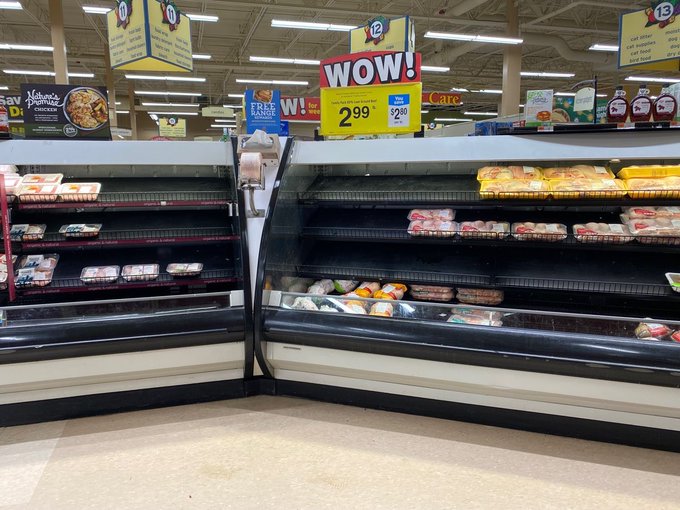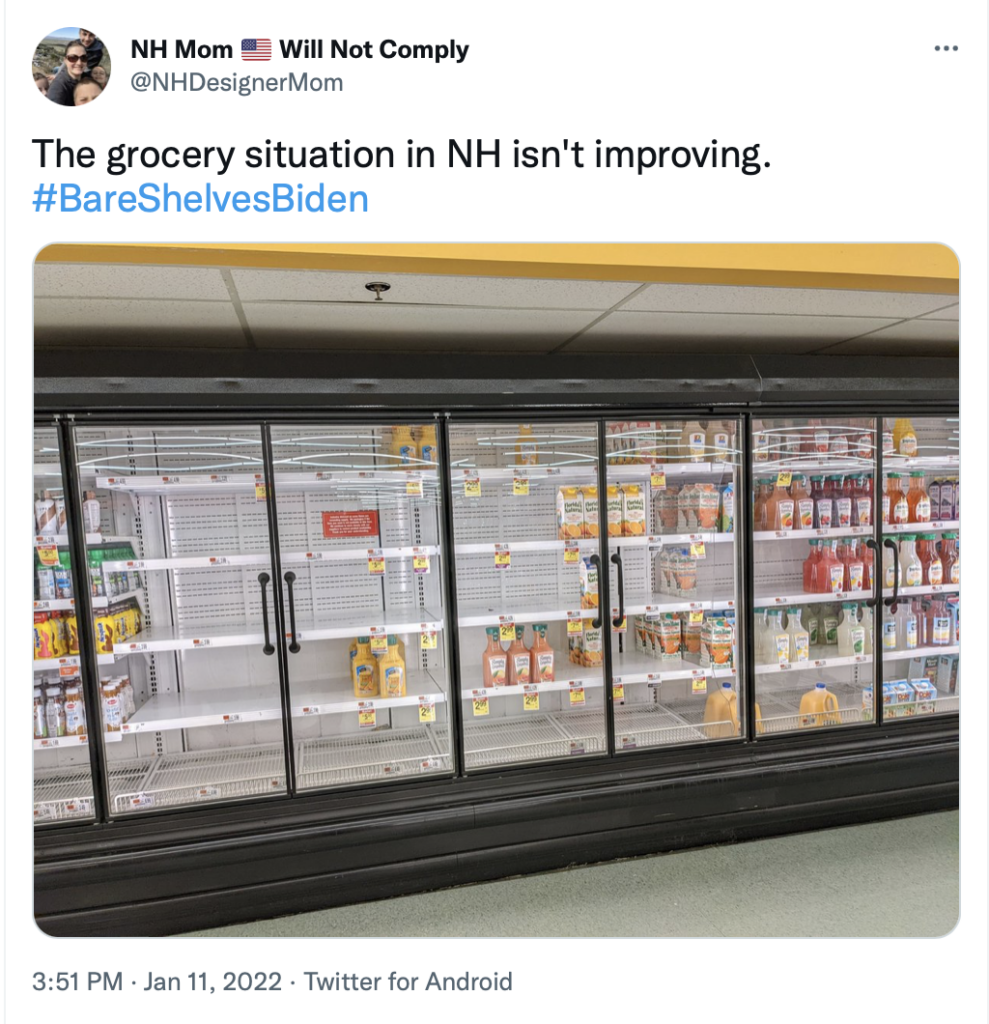Unmasked Middle Schoolers Face Detention in Derry

Parents of West Running Brook Middle School students in Derry are being warned that children who do not wear “properly-fitted masks” will be sent to special detention sessions, according to an email obtained by New Hampshire Journal.
Principal Justin Krieger recently wrote to parents that the need for well-fitted masks is required for all activities in the building. Students who fail to comply will be punished.
“Students who are unable to wear a properly-fitted mask despite encouragement, prompts, and support from staff will be assigned an after-school detention on Friday (2:00-2:30 p.m.) of each week,” Krieger wrote.
The purpose of the detention is not to punish the students, he explained, but instead to educate the middle schoolers on the importance of wearing masks.
“We will use this time in concert with our school nurse to provide more education for students to stress the importance of compliance,” Krieger wrote.
Krieger did not respond to a call on Monday from New Hampshire Journal. Derry Cooperative School Board Chair Erika Cohen did not answer questions on Monday about whether or not the board agreed with Krieger’s policy.
“This was a school-based decision. The school board was not involved,” Cohen wrote in an email.
Krieger wrote in the email to parents that the special detention will be dedicated to “education.”
“Students deserve to understand the ‘why’ of mask-wearing and we intend to dedicate all this time to that end,” he wrote.
The new policy is not intended to punish students who occasionally have their masks below their noses, but it is aimed at students who “chronically” fail to wear their masks properly, he wrote.
State Rep. David Love, R-Derry, said Kieger is in the wrong with the new detention policy. As far as Love is concerned, masks don’t work.
“I think he’s stepping way out of bounds. I don’t know where this is all going to end. Masks, they don’t work. People have been wearing masks and getting vaccines and the vaccinated and masked are still getting COVID,” Love said.
Love has introduced a bill that would allow parents of students in a school that requires masks to transfer to another school at no expense to the family.
“The bottom line is the schools are going to do as they damn well please until we hit them in the pocketbook,” Love said.
While Rockingham County is seeing high levels of COVID-19 transmission, the middle school does not appear to be overrun with cases, according to the New Hampshire Department of Health and Human Services’ COVID-19 dashboard.
As of Jan. 21, the latest reporting date available, West Running Brook had two active cases in the school community. The state dashboard does not distinguish between student cases and staff cases, so it is not clear if those infected are children or adults. The dashboard indicates there are no current outbreaks or clusters within the West Running Brook community.
While there is no statewide mask mandate, schools, municipalities, and businesses are free to craft their own policies. Most schools in the state have been requiring the use of masks indoors since late fall, according to WMUR’s list of more than 400 school mask decisions.
The need for masks may start to change quickly, as many health experts expect the Omicron variant to peak in the coming weeks. Dr. Scott Gottlieb, former FDA commissioner, said this week on “Face the Nation ” that it is too soon to get rid of masks in schools, but that could change rapidly.
“I think it is too soon to do that because a lot of schools have built their preparations around the use of masks and whatever we want to say about the benefit that masks are providing, it’s providing some benefit,” Gottlieb said. “So, to withdraw it right at the peak of the epidemic, I think it’s imprudent. We should wait. I think within two weeks we’ll be able to make that decision.”





